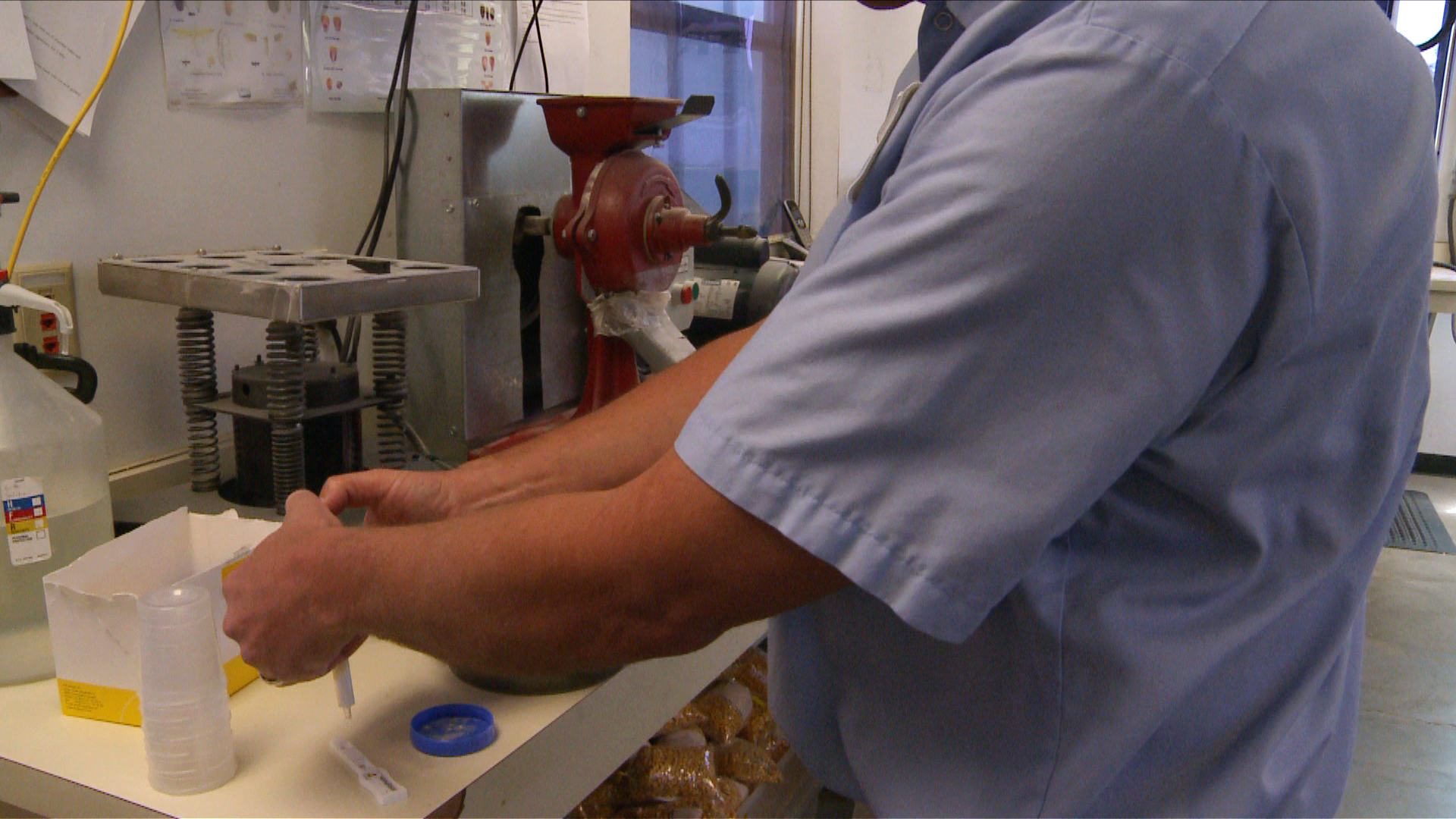 الملوثات
الملوثات
إنّ الملوّثات هي مواد لم تضف عمداً إلى الأغذية. ويمكن لعمليات إنتاج الأغذية أن تؤدي إلى دخول مواد إلى الأغذية في أية لحظة من اللحظات: أي خلال التصنيع أو المناولة أو التخزين أو التجهيز أو التوزيع. ويمكن للملوثات دخول الأغذية من البيئة المحيطة. وينبغي لوجود هكذا مواد في الأغذية أن يرصد بحذر تفادياً للتلوث الذي يؤثر في جودة الأغذية أو الذي يجعل الأغذية غير مأمونة.

دور الدستور الغذائي في مجال الملوثات
إن الحد الأقصى الذي وضعه الدستور الغذائي لمستوى ملوث معين في سلعة غذائية أو علفية ما يعني التركيز الأقصى من تلك المادة التي توصي هيئة الدستور الغذائي بالسماح بها قانوناً في تلك السلعة. وبما أن العديد من الملوثات موجود بصورة طبيعية، فمن المستحيل فرض حظر كامل على تلك المواد. وبغية حماية صحة البشر، يعمل الدستور الغذائي على إبقاء تلك المستويات عند أدنى حد ممكن لها بناء على الأدلة العلمية السليمة.
تقوم لجنة الدستور الغذائي المعنية بالملوثات في الأغذية بتحديد وتأييد المستويات القصوى المسموح بها أو المستويات المرجعية للملوثات والعوامل السمية التي تحدث طبيعيًّا في الأغذية والأعلاف. وهي تعد كذلك قوائم بالأولويات للملوثات والعوامل السمية التي تحدث بصورة طبيعية، لأجل تقييم المخاطر من قبل (لجنة الخبراء المشتركة المعنية بالمواد المضافة إلى الأغذية؛).
وتتدارس لجنة الدستور الغذائي المعنية بالملوثات في الأغذية طرق التحليل وأخذ العينات لتحديد الملوثات والعوامل السمية التي تحدث بصورة طبيعية في الأغذية والأعلاف، وتضع وتصيغ مواصفات أو مدونات سلوك للمواضيع ذات الصلة. وهي تتناول أيضاً مسائل أخرى تكلفها بها هيئة الدستور الغذائي في ما خص الملوثات والعوامل السمية التي تحدث بصورة طبيعية في الأغذية والأعلاف.
النصوص ذات الصلة بالدستور الغذائي
أخبار
.jpg)
CCCF17/ President of Panama gives opening speech for contaminants meeting

“Move things forward and get new Codes out there in the world” - Contaminants committee begins next week

Contaminants Committee recognizes contribution of Yukiko Yamada to food safety

CCCF / cooperation at international level key to safety and quality of food

Codex60 / Launch of new format for code of practice on lead at contaminants committee
.jpg)
There are many challenges coming our way – the future of food is discussed at a CCCF side event
وقائع رئيسية
- إن الملوّثات عبارة عن مواد لم تضف عمداً إلى الأغذية
- وقد تكون الملوثات موجودة في الأغذية نتيجة المراحل المختلفة للإنتاج أو التعبئة أو النقل أو التخزين. وهي قد تكون ناتجة أيضاً عن تلوث بيئي.
- وقد قام الدستور الغذائي بتعيين 17 حداً أقصى لمستوى الملوثات بما فيها السموم الفطرية (وهي فطريات سامة تنتجها مركبات كيميائية معينة) والمعادن (مثل الزرنيخ والرصاص والزئبق) والنويدات المشعة (مثلاً في مياه الشرب)
- وتضمن الحدود القصوى للدستور الغذائي خلوّ الغذاء من الملوثات بمستويات كفيلة بتهديد صحة البشر.
- تلتئم لجنة الخبراء المشتركة بين منظمة الأغذية والزراعة ومنظمة الصحة العالمية والمعنية بالمواد المضافة إلى الأغذية مرتين في السنة من أجل تقييم الملوثات في الأغذية.


